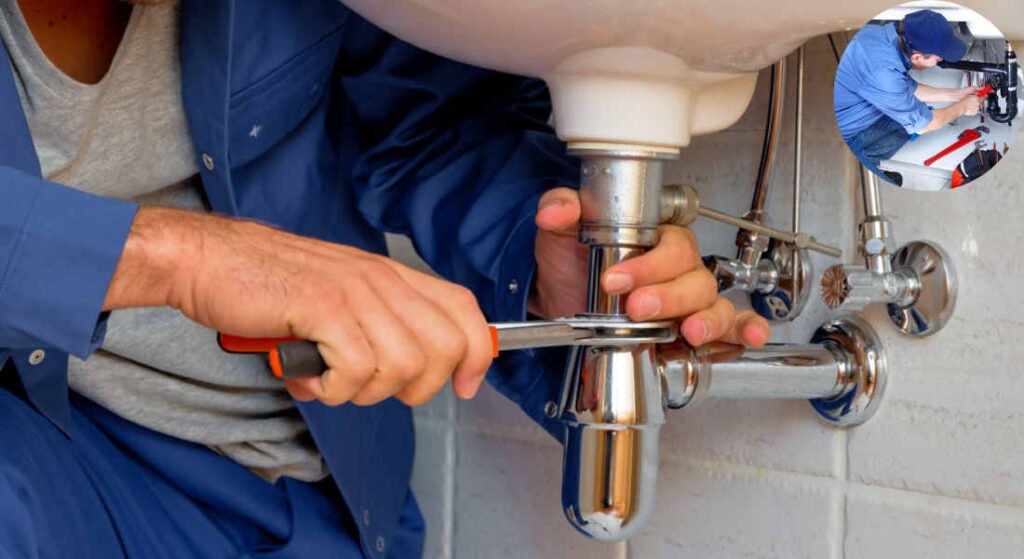Home plumbing has long been a cornerstone of modern living. From ensuring clean water flows into our homes to directing wastewater safely away, plumbing systems are vital for maintaining hygiene, convenience, and overall well-being. Over the years, the plumbing trade has provided a stable livelihood for countless professionals, offering a blend of hands-on skills and technical knowledge.
But as we step further into the 21st century, a question looms large: “Is home plumbing a dying trade?”
The Current State of Home Plumbing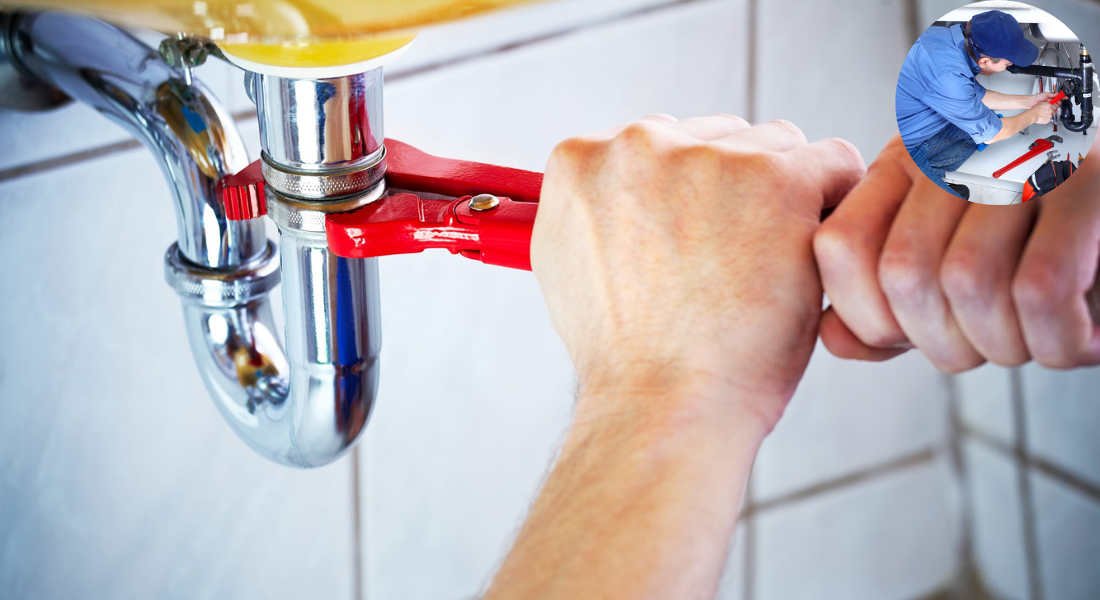
A Snapshot of Today’s Plumbing Industry
Plumbing remains a vital trade in today’s world. Whether it’s installing pipes in new homes, repairing leaks, or upgrading outdated fixtures, plumbing services are in constant demand. According to industry reports, the global plumbing market is expected to grow steadily over the next decade, driven by urbanization, home renovations, and the adoption of advanced plumbing technologies.
However, despite this demand, there is a growing perception that plumbing is a “dying trade.” This belief stems from challenges such as labor shortages, an aging workforce, and competition from alternative solutions like DIY plumbing kits.
Labor Shortages and Aging Workforce
One of the most pressing concerns for the plumbing trade is the lack of skilled laborers. Many seasoned plumbers are reaching retirement age, and fewer young people are entering the profession. In the United States alone, nearly 50% of plumbers are over the age of 45. This aging workforce creates a gap in expertise and hands-on experience, which the industry is struggling to fill.
Demand Driven by Remodeling and New Construction
Despite workforce challenges, ongoing demand for plumbing services keeps the trade alive. Home remodeling projects, driven by homeowners seeking modern and eco-friendly solutions, ensure consistent work for plumbers. Similarly, new housing developments and urban expansion continue to necessitate the services of skilled plumbing professionals.
The Role of Licensed Professionals
While DIY solutions are becoming popular, licensed plumbers remain essential. They ensure systems comply with building codes, provide expert installations, and address complex plumbing issues that require more than quick fixes. Maintaining industry standards relies heavily on qualified professionals who uphold safety and quality.
Plumbing may face challenges, but it is far from irrelevant. As we transition into a more tech-focused and environmentally conscious world, the trade is evolving to meet these demands head-on.
Modern Challenges Facing the Plumbing Industry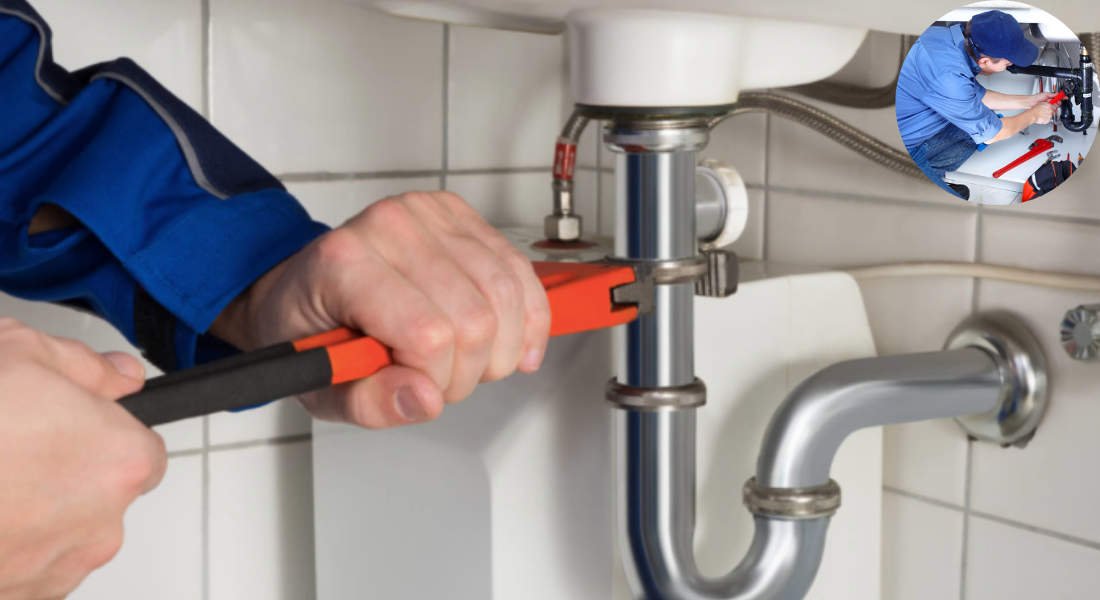
While plumbing remains essential, the industry must confront several modern challenges to stay competitive and thrive. Let’s take a closer look at these obstacles and their impact on the trade.
Labor Shortages and Recruitment Issues
As mentioned earlier, the plumbing industry is grappling with a shortage of skilled workers. Part of this issue stems from outdated perceptions of the trade as physically demanding, low-paying, and lacking opportunities for career growth. To attract young talent, the industry must highlight the benefits of plumbing, including competitive wages, job stability, and opportunities to work with cutting-edge technologies.
Regulatory Requirements
Plumbing professionals must navigate complex building codes and regulations that vary by region. Meeting these standards requires significant training and knowledge. For smaller businesses, maintaining compliance can be both costly and time-consuming.
Rising Consumer Expectations
Today’s homeowners demand eco-friendly, innovative, and efficient plumbing solutions. From touchless faucets to water-saving fixtures, consumers expect plumbers to provide modern, high-tech options. This shift requires plumbers to update their skills and knowledge to meet these expectations continually.
DIY Solutions and Competition
The rise of DIY plumbing kits and online tutorials has created competition for professional plumbers. While these options are convenient for homeowners, they often result in improper installations or temporary fixes, underscoring the importance of hiring skilled professionals to ensure proper installations.
Economic Pressures
Economic fluctuations can impact homeowners’ ability to invest in plumbing projects. During downturns, many opt to delay repairs or choose less expensive, yet less reliable, solutions.
Despite these challenges, the plumbing industry continues to adapt and evolve, finding ways to overcome obstacles and meet the demands of modern times.
Technological Innovations Transforming Home Plumbing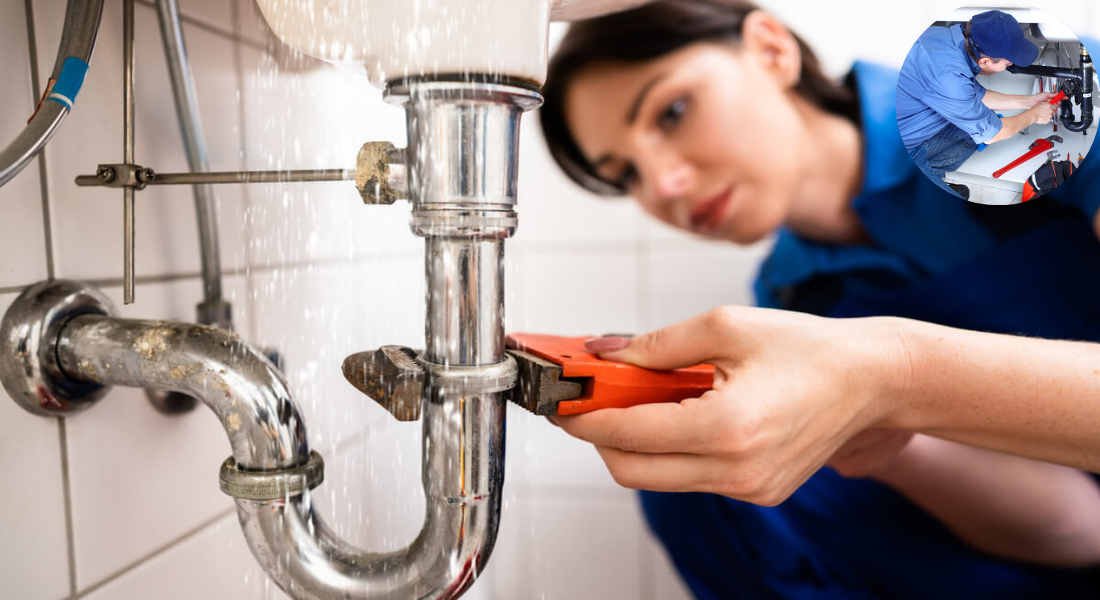
One of the most exciting aspects of modern plumbing is the integration of cutting-edge technologies. These advancements are revolutionizing the trade and creating opportunities for both plumbers and homeowners.
Smart Plumbing Systems
Smart home technology is making its way into plumbing systems, offering features like leak detection, smart shut-off valves, and remote water heater controls. These systems enable homeowners to monitor and manage their plumbing remotely from their smartphones, thereby reducing water waste and preventing costly damage.
Touchless Fixtures and Smart Toilets
Products like touchless faucets and smart toilets are improving both hygiene and water efficiency. For example:
- Touchless faucets: Reduce the spread of germs and conserve water by automatically shutting off when not in use.
- Smart toilets Offer features such as bidet functions, self-cleaning capabilities, and water-saving flush options.
Innovative Materials
Plumbing materials have also undergone significant advancements. Traditional metal pipes are being replaced with corrosion-resistant materials, such as PVC and PEX. These materials are not only more durable but also easier to install, reducing labor time and costs.
Benefits for Homeowners and Plumbers
Technology is enhancing convenience for homeowners while improving efficiency for plumbers. For instance, plumbers can now use digital tools for diagnostics, reducing guesswork and streamlining repairs. Tools like camera inspections allow professionals to identify issues in pipes without invasive procedures, saving time and money.
The integration of innovative technologies ensures that plumbing remains a relevant and forward-thinking trade.
Sustainability and Water Efficiency Trends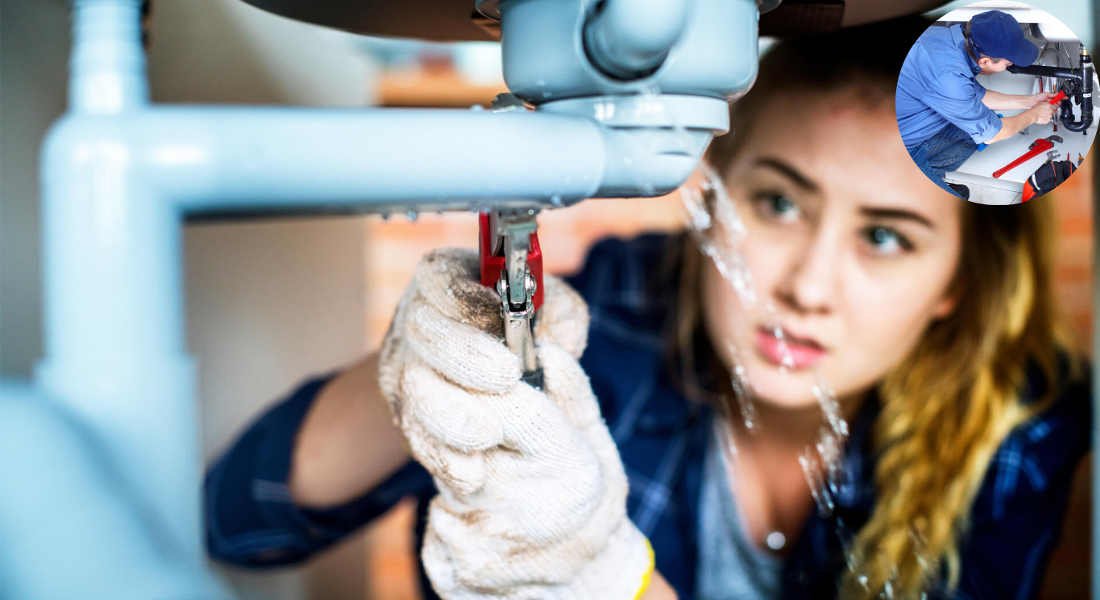
In today’s environmentally conscious world, sustainability has become a driving force behind innovations in plumbing.
You may also read (how to understand cma in house real estate).
Water Conservation
Plumbing fixtures are increasingly designed with water conservation in mind. Low-flow fixtures and WaterSense-certified products help homeowners reduce water usage without sacrificing performance. These solutions not only lower utility bills but also contribute to global efforts in water conservation.
Greywater Recycling
Greywater systems are gaining popularity for recycling water from sinks, showers, and washing machines for non-potable uses, such as irrigation. These systems reduce overall water consumption and align with the trend of sustainable living.
Leak Detection Systems
Leaks account for a significant amount of water waste, but leak detection systems are helping to combat this issue. These devices alert homeowners to potential leaks, preventing water damage and reducing waste.
Environmental Regulations
Governments are increasingly mandating greener plumbing solutions, pushing the industry toward sustainable practices. Plumbers who embrace this trend will find new opportunities to thrive in a green economy.
Is Home Plumbing a Dying Trade? Debunking the Myth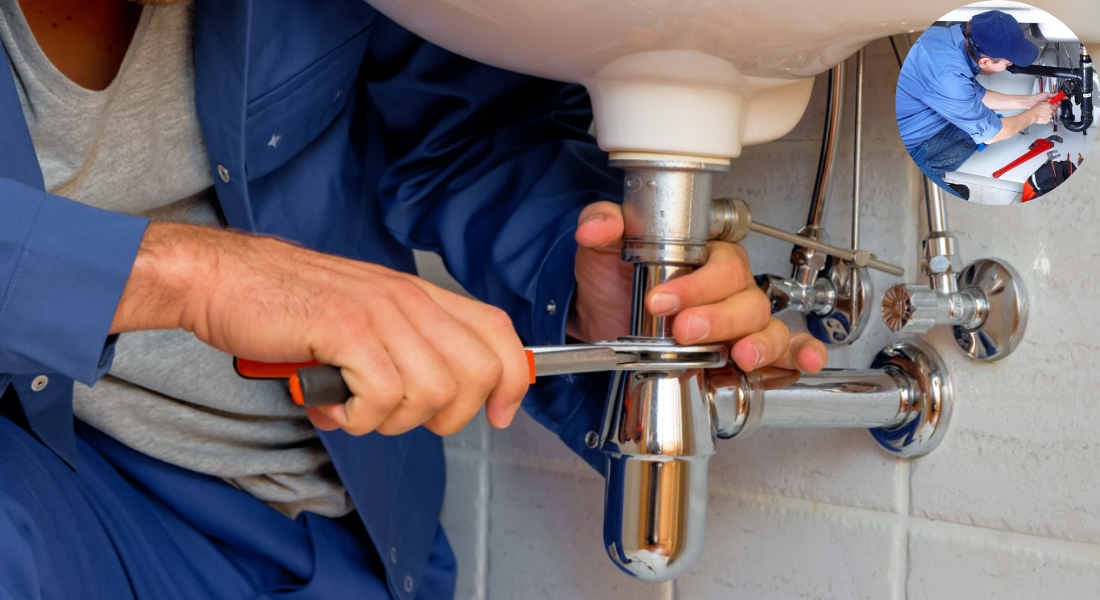
The perception that plumbing is a dying trade is far from the truth. While the industry faces challenges, it is also adapting and evolving in remarkable ways.
Rising Demand for Skilled Plumbers
The complexity of modern plumbing systems, combined with stricter regulations, ensures that skilled plumbers are more in demand than ever. Homeowners and businesses require professionals who can navigate advanced technologies and ensure compliance with codes.
The Role of Training and Upskilling
To meet the demands of the modern world, plumbers must be willing to invest in ongoing education. Training programs and certifications in areas like smart plumbing and sustainability are helping to attract new talent and future-proof the trade.
Attracting New Talent
The industry is actively working to change perceptions about the plumbing industry. By showcasing the trade’s reliance on technology, sustainability, and innovation, it is appealing to a new generation of workers who value meaningful, future-oriented careers.
Future Outlook for Home Plumbing
The future of home plumbing is promising, with growth areas and technological innovations paving the way for progress.
Emerging Technologies
The next decade is likely to see increased integration between plumbing systems and smart home ecosystems. AI-powered diagnostics and automated maintenance systems will further enhance the efficiency and reliability of the plumbing industry.
Environmental Responsibility
Sustainability will remain a key focus, with more emphasis on water reuse, energy-efficient systems, and green building practices. Plumbers who embrace these trends will find themselves at the forefront of the industry.
Future-Proofing Careers
To remain competitive, plumbers must continually adapt to evolving technologies and shifting consumer expectations. This includes embracing lifelong learning and leveraging digital tools to enhance their services.
You may also read (how to handle home plumbing without a license in nyc).

